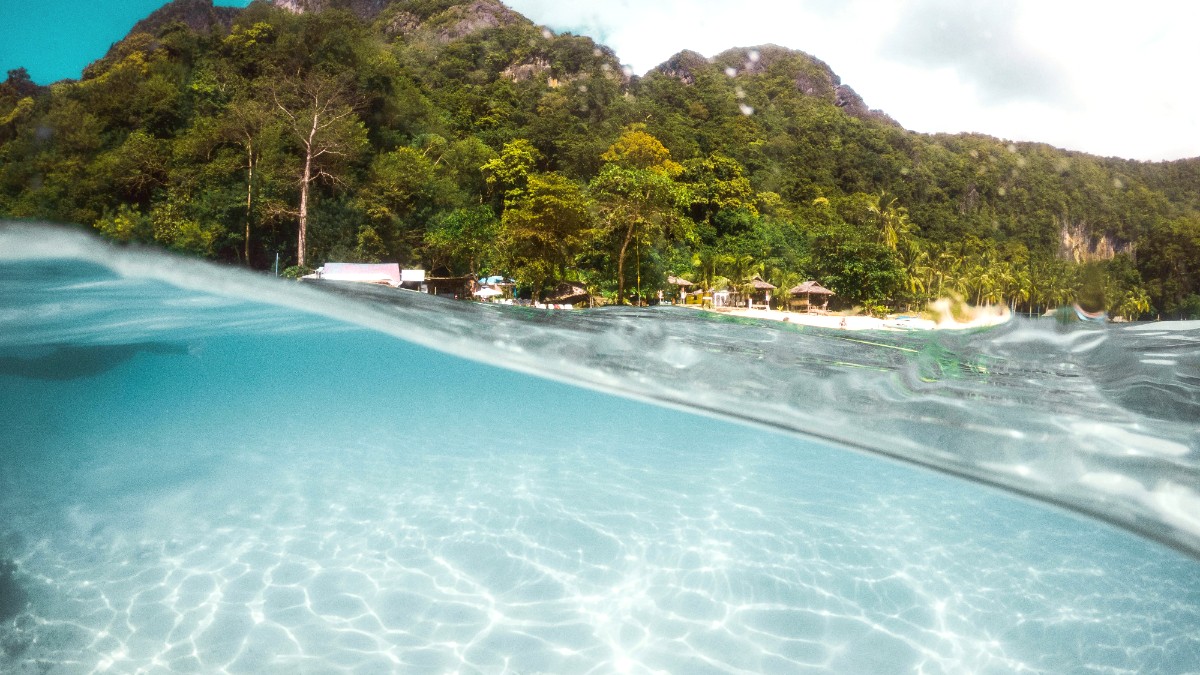
Indonesia
The waters surrounding the Gili Islands are part of a designated marine protected area. This status works to safeguard the coral reefs and diverse marine life.
The Gili Meno Turtle Sanctuary is a local project active in sea turtle conservation. They care for hatchlings and injured turtles.
Several dive centers and local organizations participate in coral reef restoration efforts, often creating artificial reefs or replanting coral.
Your interactions directly benefit the island's environment. Make conscious choices to lessen your footprint.
Waste management poses a significant challenge for the small Gili Islands. Landfill space is limited. Formal recycling infrastructure is also limited.
Freshwater resources are limited on Gili Meno. Many accommodations use desalinated or well water.
Seek out accommodations that emphasize eco-friendly practices. Inquire about their initiatives.
Choose dive centers and tour operators that demonstrate a commitment to protecting Gili Meno's environment.
Find and book accommodations with a focus on environmental care.
Ecobnb: Eco-friendly accommodationJoin tours that prioritize local communities and environmental preservation.
G Adventures: Ethical tour operatorsChoose operators and accommodations demonstrating a commitment to protecting Gili Meno's environment. This helps preserve the island's natural beauty for future generations.
Your choices as a traveler directly influence the local economy. Choose options that benefit the Gili Meno community.
Support cultural preservation by respecting local customs and learning a few Bahasa Indonesia phrases.
Be mindful of privacy. Avoid intrusive photography of people in their daily lives or during religious ceremonies without explicit consent.
Directly support the local economy by making thoughtful choices.
Stay in locally run guesthouses and bungalows.
Eat at small family-owned warungs for delicious and inexpensive Indonesian meals.
Hire local boat operators for snorkeling trips and purchase goods from local vendors.